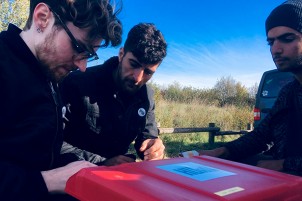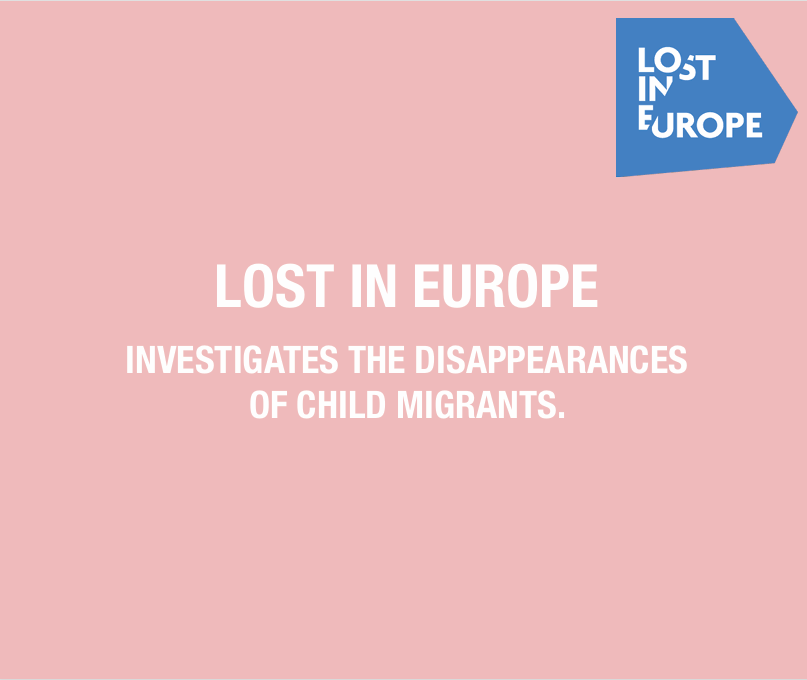She sits in a makeshift, small two-room apartment in one of the town's precarious settlements, where dirty water trickles through the communal alleyways and the electricity supply is inconsistent. She recounts how she struggles to afford simple staples like maize, rice and beans.
LEES ALLE ARTIKELEN GRATIS
Onafhankelijke journalistiek is essentieel om een snel veranderende wereld te kunnen begrijpen. Daarom is een platform van nieuwe makers belangrijk. Vind jij dat ook? Steun ons dan door lid te worden of met een financiële bijdrage.
Al ingeschreven voor onze nieuwsbrief en/of in ons geinvesteerd? Vul je e-mailadres is om toegang te krijgen.







